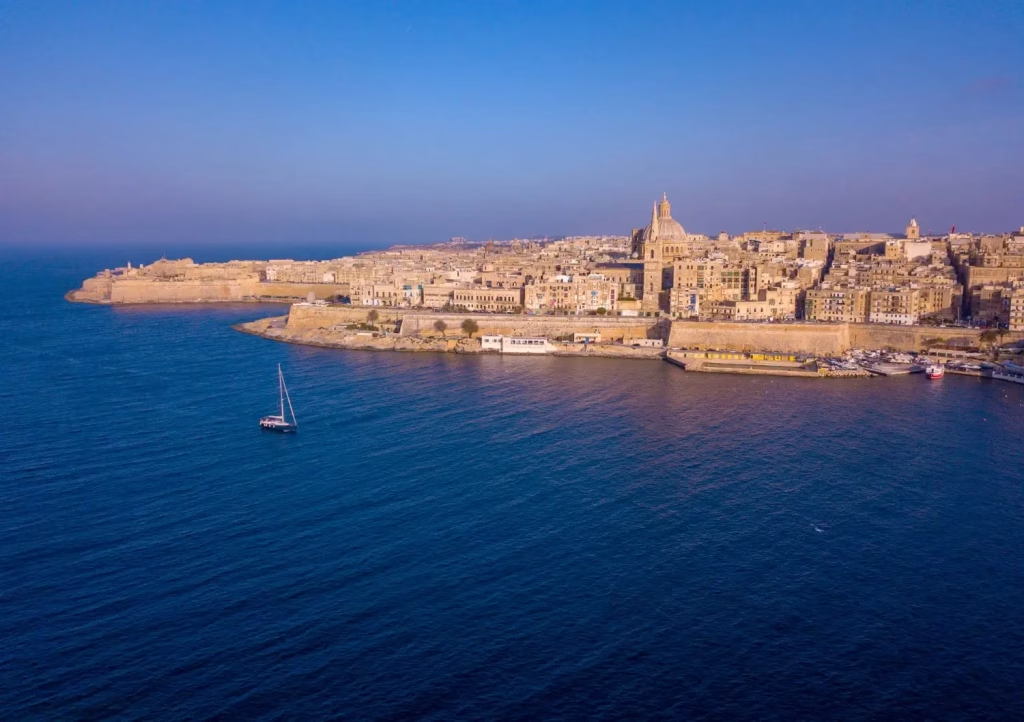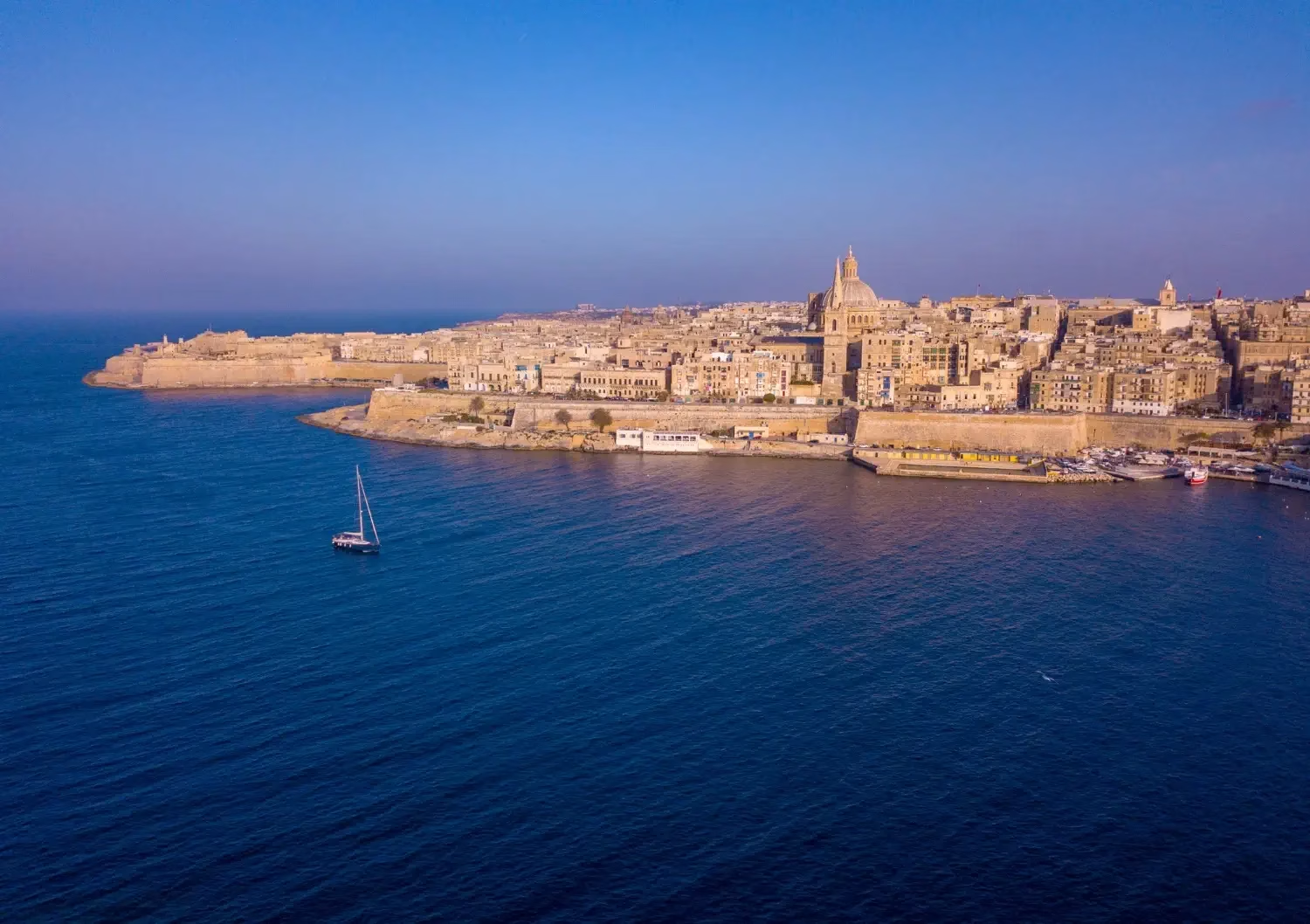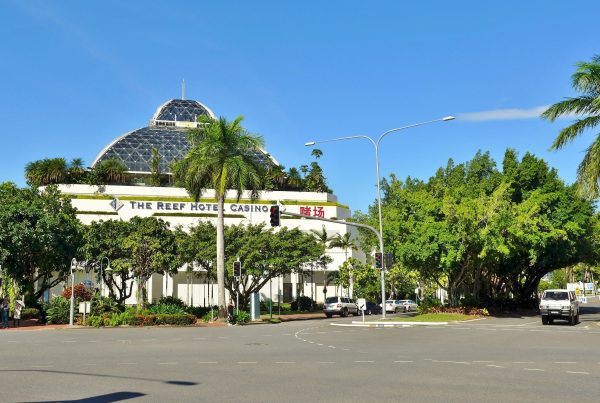Three pivotal regulatory shifts are reshaping the European and regional iGaming landscape: enhanced EU age verification protocols, Azerbaijan’s historic casino legalization, and Malta’s refined capital requirements for operators.
European Union Strengthens Age Verification Framework
The European Commission has fundamentally transformed age verification requirements for iGaming operators through updated Digital Services Act (DSA) regulations published in July 2024. This initiative introduces comprehensive verification systems that go beyond traditional registration confirmation, with full implementation scheduled for completion by 2026. The regulatory framework recognizes online gambling as a significant risk factor for minors and mandates operators implement robust protection mechanisms.
Under the Digital Services Act mandate, platforms must verify user age using the new EU Digital Identity Wallet (EUDIW), with non-compliance potentially resulting in fines of up to €18 million or 10% of global turnover. The new requirements encompass a complete prohibition on loot box sales to minors, enhanced protection against manipulative user interfaces, and stringent influencer marketing regulations within the iGaming sector.
While technically classified as voluntary guidelines, the European Commission will utilize these standards as compliance benchmarks for DSA mandatory provisions, effectively establishing them as industry requirements. The age verification blueprint provides a privacy-preserving method enabling users to prove they are over 18 when accessing restricted adult content without revealing additional personal information, utilizing open-source technology designed to be robust and user-friendly.
Azerbaijan Pioneers Regional Casino Legalization
Azerbaijan’s parliament approved groundbreaking legislation on July 8, 2024, ending a 26-year prohibition on casino operations. The law permits gambling establishments exclusively on designated artificial islands in the Caspian Sea, building upon May 2024 regulations that established rules for creating and utilizing artificial maritime territories.
This strategic policy reversal addresses significant capital flight as Azerbaijani citizens increasingly engage with foreign online platforms or travel internationally for casino access. The legalization aims to repatriate these funds while reducing illegal gambling activities, with official authorization granted through presidential decree for casino operations on artificial land areas within Azerbaijan’s Caspian Sea territorial waters.
Operators must secure annual licenses priced at 340,000 manat (approximately $200,000), with casino access restricted to individuals aged 21 and above. The regulatory framework maintains mainland gambling prohibition while creating controlled offshore gaming zones designed to stimulate tourism development, employment generation, and tax revenue growth. Prior to this legislation, only state-operated lotteries and licensed bookmakers operated within the country’s legal gambling framework.
 Malta Gaming Authority Refines Capital Requirements
Malta Gaming Authority Refines Capital Requirements
The Malta Gaming Authority has updated financial stability mandates for licensed operators while maintaining existing minimum authorized capital thresholds of €40,000 for B2B operations and €100,000 for B2C businesses. The primary innovation requires all operators to maintain positive working capital continuously, with six-month restoration periods permitted when deficits are identified.
B2B companies receive specific accommodations, including allowance for negative capital positions up to €3 million, though the MGA retains discretionary authority to demand earlier financial recovery. Operators concluding 2024 with negative capital positions benefit from extended grace periods of up to five years to achieve compliance with updated requirements.
Companies experiencing deficits exceeding €1 million face enhanced scrutiny and must develop comprehensive recapitalization plans for MGA submission by November 30, 2025. These measures strengthen operator financial resilience while providing structured pathways for regulatory compliance.
| Regulatory Development | Jurisdiction | Implementation Date | Key Requirements | Financial Impact | Compliance Deadline |
|---|---|---|---|---|---|
| Enhanced Age Verification | European Union | 2026 (Full Implementation) | EU Digital Identity Wallet integration, comprehensive minor protection | Fines up to €18M or 10% global turnover | End of 2026 |
| Casino Legalization | Azerbaijan | July 2024 (Active) | Artificial island operations only, age 21+ access | Annual license: $200,000 | Immediate |
| Updated Capital Requirements | Malta | January 2025 (Active) | Positive working capital maintenance | B2B: €40K min, B2C: €100K min | Nov 2025 (recapitalization plans) |
| Negative Capital Grace Period | Malta | 2025-2030 | Five-year compliance timeline for 2024 deficit operators | Variable based on deficit size | December 2030 |
Strategic Market Implications
These regulatory developments signal a maturation of the European iGaming regulatory environment with enhanced consumer protection, expanded market opportunities, and strengthened operator financial requirements. The EU’s privacy-preserving age verification approach establishes a technological precedent for global adoption, while Azerbaijan’s controlled liberalization demonstrates emerging market potential within established regulatory frameworks.
Malta’s refined capital requirements reflect ongoing efforts to balance market accessibility with operator financial stability, providing structured compliance pathways while maintaining licensing attractiveness. These concurrent developments create both compliance challenges and market expansion opportunities for established operators and new market entrants alike.
The convergence of enhanced consumer protection, selective market liberalization, and strengthened financial requirements indicates a regulatory trend toward sophisticated, risk-based governance frameworks that balance industry growth with stakeholder protection across diverse jurisdictional approaches.





